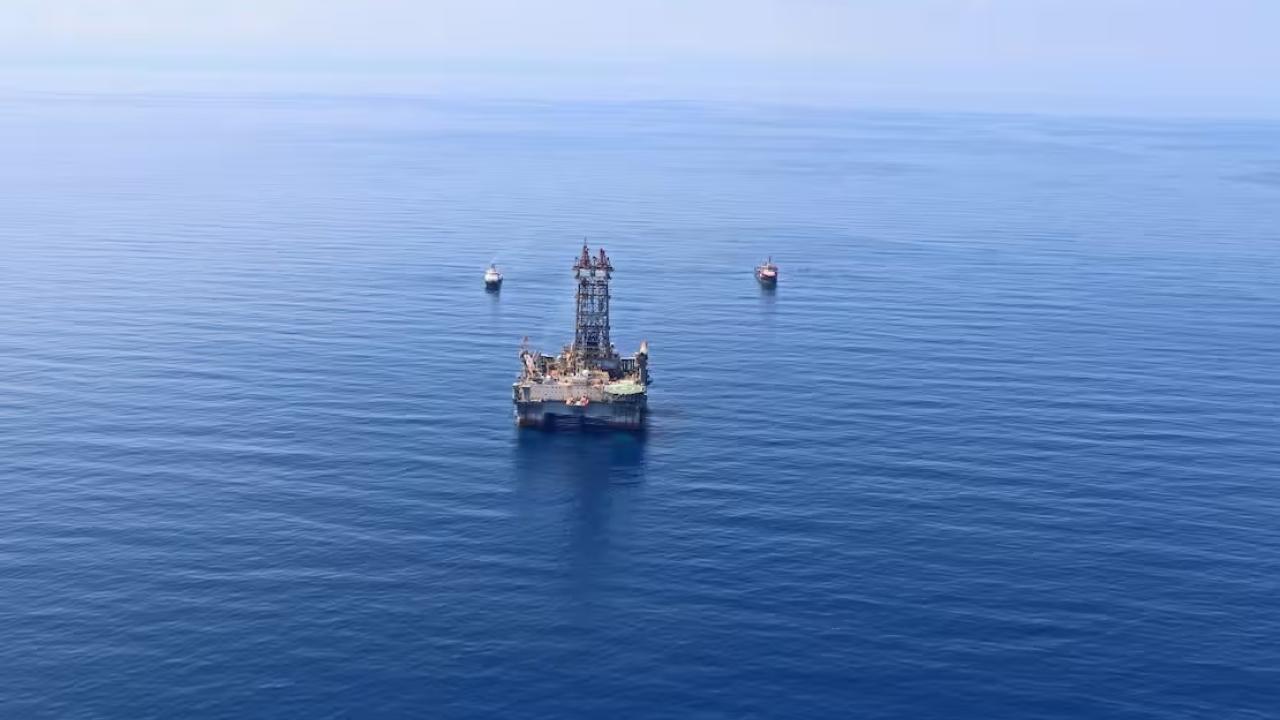
The discovery could increase the coffee-growing country's current gas reserves by 200%.
On Thursday, Ricardo Roa, president of the Colombian oil company Ecopetrol, said that, after completing the drilling phase of the Sirius well, he can confirm that the discovery is of more than 6 cubic terafeet.
In early October, Ecopetrol and Petrobras made this announcement (which was pending confirmation). Why is this such an important figure? As of December 2023, according to the National Hydrocarbons Agency (ANH), proven gas reserves in the country were 2.3 cubic terafeet, but with Sirius these could increase the country's current gas reserves by 200%.
This project is the option for Colombia to remain self-sufficient in gas. Roa acknowledged that between now and 2029 the country would need to import gas; from that year onwards, thanks to the entry of Sirius, it is expected that this will no longer be necessary.
He also said that the company will soon announce new options to have other import possibilities, in addition to SPEC (the regasification plant located in Cartagena).
The expected production, through four producing wells, is around 470 million cubic feet per day for 10 years, about 47% of Colombia's national consumption.
The drilling, which began on June 19 of this year, is located 77 kilometers from Santa Marta (within the area of Block GUA-OFF-0), with a water depth of 830 meters. The investment will be US$ 1.2 billion for the exploration phase (between 2025 and 2029) and US$ 2.9 billion in the production development phase (from 2025), basically, to convert the resources into reserves.
"The consortium formed by Petrobras (44.44% stake) and Ecopetrol (55.56% stake) will begin the activities of acquiring meteoceanic data as part of the production development project for this discovery," the companies reported.
Orlando Velandia, president of the National Hydrocarbons Agency (ANH), highlighted the importance of the alliance between Petrobras and Ecopetrol for both countries and said that the work has been “arduous” but will bring great results for the country, taking into account the importance of gas for the energy transition.
The challenge for the entity, according to the official, is to accompany the process to ensure that the gas molecules enter the market soon, hopefully before 2029-2030 (the date that has been set so far).
Production is expected to begin three years after receiving environmental licenses and if the commercial viability of the discovery is confirmed, which is expected to begin in 2027.
Rodrigo Costa Lima, general manager of Petrobras in Colombia, said that during these 20 years of work there have been moments of uncertainty, but that at this point they can “announce the largest gas discovery in the history of the country.” Looking ahead, there are challenges for the transport of molecules.
Rogerio Soares, general manager of Petrobras' exploration assets, reported that they are beginning field activities to obtain the data required to install the flow line for transporting natural gas (which will be underwater) from the field to the gas treatment unit on land, as well as for the installation of production systems.
Elsa Jaimes, vice president of exploration at Ecopetrol, explained that there are challenges in obtaining the environmental licenses and prior consultations required, including in order to build the underwater pipeline.
The manager of Petrobras in Colombia said that the company trusts in the legal security of the coffee-producing country, that they are making progress in the approaches with the communities, in pre-consultations, and that, together with the Ministry of the Interior, they are planning all the tasks that they must have with the communities.









